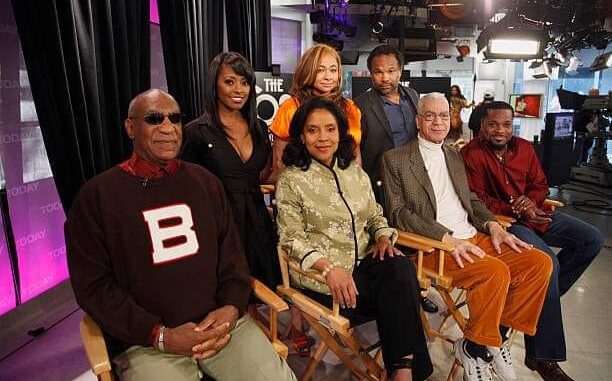
Reasons for the End of The Cosby Show
- Bill Cosby’s Desire for New Projects: By the early 1990s, Bill Cosby, the star and creator of the show, had expressed a desire to move on from The Cosby Show and explore other opportunities. Cosby was very involved in the production and direction of the show, and it’s believed that he felt the need to take on new creative projects. In fact, he had already begun working on other ventures, including A Different World, a spin-off centered around the character of Denise Huxtable (played by Lisa Bonet), which debuted in 1987.
- A Shift in TV Landscape: By the early ’90s, the television landscape was shifting. Newer shows were beginning to dominate the ratings, and The Cosby Show’s ratings, while still strong, were beginning to decline. While the show was a cultural and commercial powerhouse for many years, other sitcoms like The Fresh Prince of Bel-Air and Family Matters were gaining traction, particularly among younger audiences. The network (NBC) may have recognized that the show had run its course creatively and was no longer as fresh as it had once been.
- Changing Television Trends: The late ’80s and early ’90s saw a shift in popular TV trends, with the rise of more edgy, younger-skewing sitcoms and dramas. Shows like Married… with Children (which was on Fox, a network competing with NBC) and Roseanne were pushing boundaries and breaking traditional norms. These shifts, along with a changing cultural climate, may have contributed to a natural desire for something different in terms of content and style, and this may have factored into the decision to wrap up The Cosby Show.
- The Departure of Key Cast Members: Over time, key cast members began to leave the show for various reasons. Lisa Bonet, who played the eldest daughter Denise Huxtable, had her own personal issues, including a brief hiatus from the show due to her pregnancy and the breakdown of her marriage to musician Lenny Kravitz. Additionally, as the children grew older, the storylines had to shift, and this created challenges in maintaining the show’s family dynamic. As the original concept of the show—focused around the family unit—became less central, the show’s focus started to shift, making it harder to sustain the same level of interest.
- Bill Cosby’s Shift Toward Film and Other Projects: Cosby was also interested in expanding his career beyond television. In the early ’90s, he began focusing on his film career and other business ventures. While The Cosby Show was hugely successful, Cosby’s broader ambitions contributed to his decision to move on from the show.
The Show’s Legacy and Impact
Even though The Cosby Show ended in 1992, its legacy remains significant. The series not only became one of the most successful sitcoms in TV history, but it also revolutionized the portrayal of African-American families on television. Before The Cosby Show, Black families were often portrayed in stereotypical or one-dimensional ways on TV. The Huxtables were a loving, educated, successful family that defied those stereotypes, and their positive depiction was groundbreaking.
Despite the controversies that have surrounded Bill Cosby in the years since the show’s conclusion, The Cosby Show‘s impact on TV history remains undeniable. It paved the way for other TV shows that focused on Black families and professionals, including A Different World, The Fresh Prince of Bel-Air, and Family Matters.
In the years after The Cosby Show ended, Cosby continued to remain in the public eye, first with A Different World, and later with his own return to television with The Cosby Show spin-off, Cosby, which aired from 1996 to 2000. However, The Cosby Show itself remains one of the most iconic and influential TV series of the 1980s and ’90s.